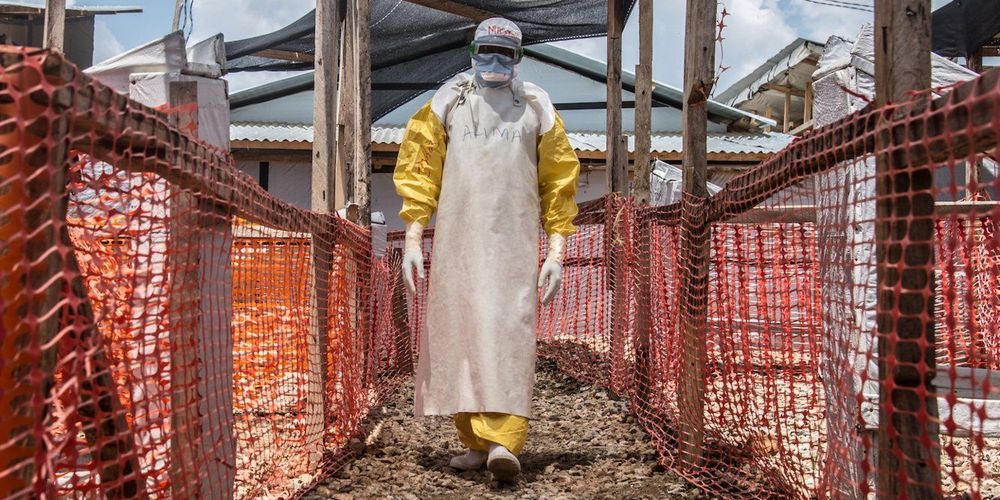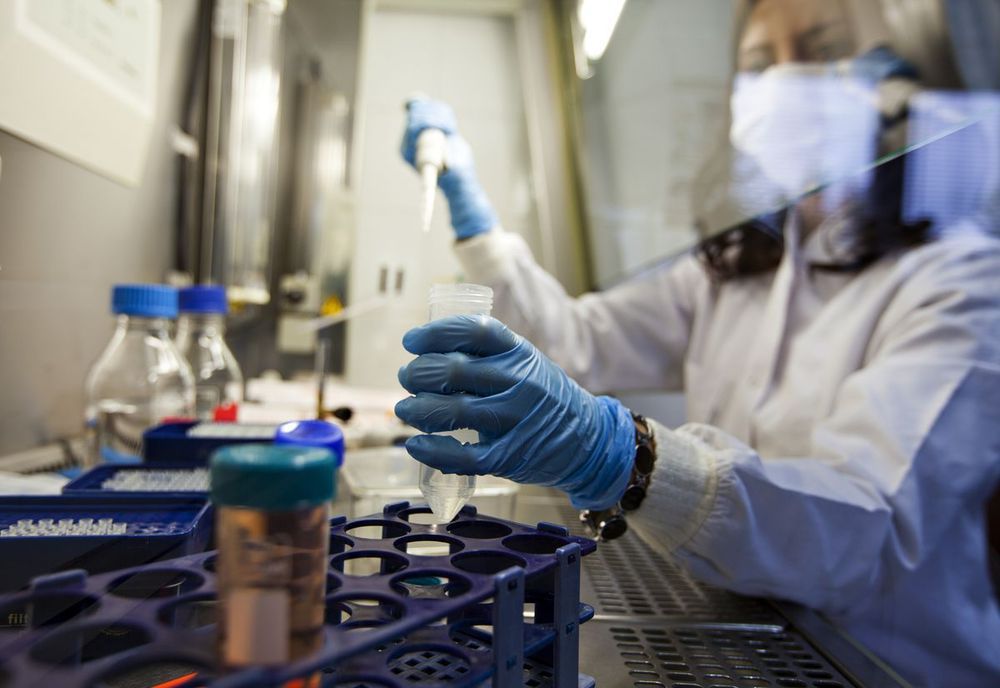What could we do to stop our Sun from eventually expanding and burning out? In this Cosmic Query, astrophysicist Neil deGrasse Tyson explains how we can prolong the life of a star. Co-host Chuck Nice offers his sci-fi option for Earth’s future.
This “Behind the Scenes” video was shot during the recording of our episode, “Cosmic Queries: The Sun and other Stars.” If you’d like to listen to the full podcast, click here: http://www.startalkradio.net/show/cosmic-queries-the-sun-and-other-stars/.
If you love StarTalk Radio, don’t miss out on any StarTalk news. Sign up for our free newsletter: http://www.startalkradio.net/newsletter/youtube/
Catch up with StarTalk Radio around the web:
iTunes — http://bit.ly/SOHDg6
SoundCloud — https://soundcloud.com/startalk
Stitcher — http://www.stitcher.com/podcast/startalk
Twitter — https://twitter.com/#!/StarTalkRadio
Facebook — http://www.facebook.com/StarTalkRadio
Google+ — http://goo.gl/ZP59S
Pinterest — http://pinterest.com/startalk/





